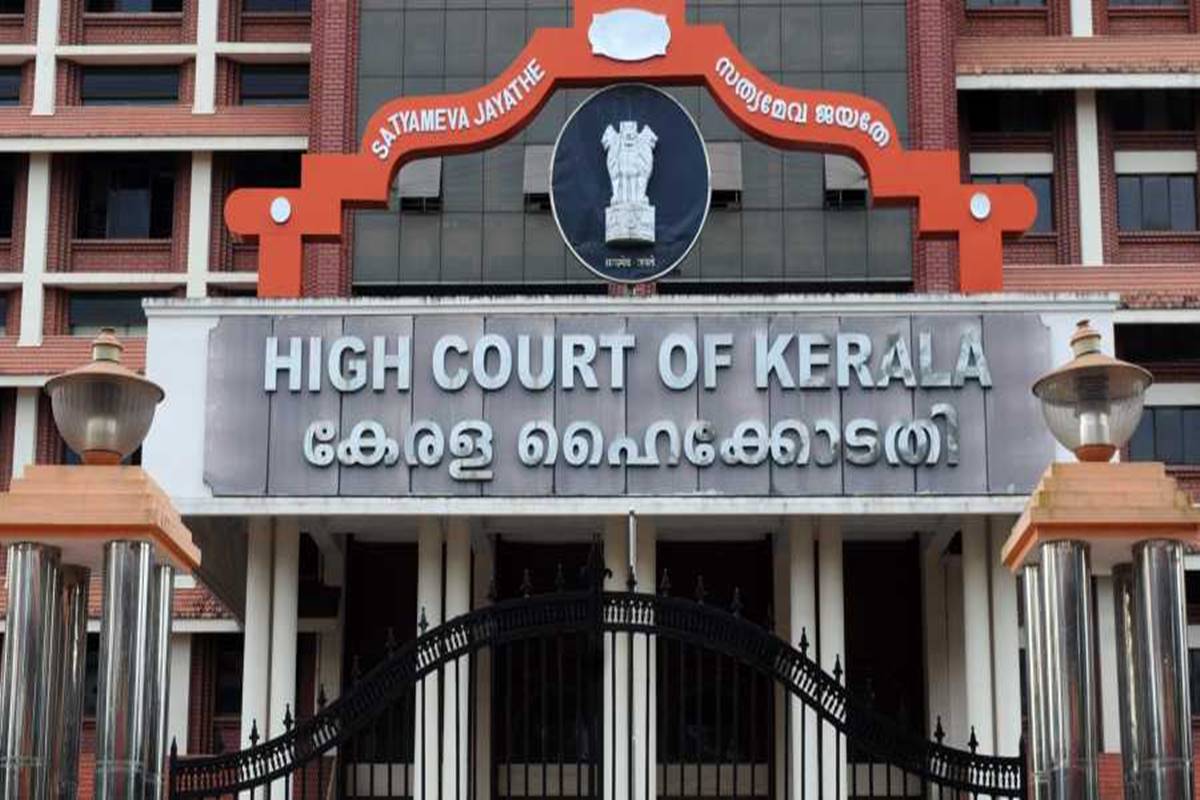The Kerala High Court on Thursday ruled that comments by the media declaring an accused guilty or innocent while a criminal case is still pending does not fall under protected free speech under Article 19(1)(a) of the Constitution of India
A five bench comprising justices A.K. Jayasankaran Nambiar, Kauser Edappagath, Mohammed Nias CP, C S. Sudha, and Syam Kumar VK observed that the expression by the media of any definitive opinion regarding the guilt or innocence of a party in a criminal investigation or a case pending adjudication before an authoritative pronouncement is made by the adjudicatory forum concerned would not get the protection under Article 19(1)(a). The final and authoritative determination of guilt or innocence can be pronounced only by a judicial authority, the court observed . It ruled that the press cannot act as investigators, prosecutors, or judges, preempting official verdicts before the judicial process is complete
Advertisement
The judgment included detailed analyses by four judges in separate, concurring opinions.”Expression by the media of any definitive opinion regarding the guilt or innocence of a party in a criminal investigation or a case pending adjudication, before an authoritative pronouncement is made by the adjudicatory forum concerned, would not get the protection under Article 19(1)(a) of the Constitution,” observed Justice AK Jayasankaran Nambiar.
In a concurring opinion, Justice Edappagath flagged concern that the media habitually overlooks the principle of “innocent until proven guilty” and conduct “parallel investigations” that harm individuals who are accused in a case even before a court decides on their guilt or innocence.
In another concurring opinion, Justice Mohammed Nias observed,”The media need to refrain from reporting on those aspects of the case that may affect the impartiality of the judicial proceedings, to preserve the integrity of the legal process and the rights of all individuals involved. Half-truths and misinformation must not be the foundation of any media publications or broadcasts, especially regarding ongoing criminal investigations, court proceedings, or trials. The media does not possess the authority to speculate on the outcomes of these legal processes or to draw conclusions about the individuals involved based on unverified information.”
Justice Syam Kumar referred to jurisprudential theories on competing rights (in this case the media’s rights versus the rights of individuals accused in criminal cases) to emphasise that each right is accompanied by a duty to not infringe on other rights.
The court, however, held that the right of the media to freedom of speech and expression under Article 19(1)(a) of the Constitution cannot be restricted, save by a law made by a competent legislative body, and even then only on the grounds expressly mentioned in Article 19(2) of the Constitution.
The High Court’s ruling came on three writ petitions that challenged media reporting on ongoing investigations and trials
